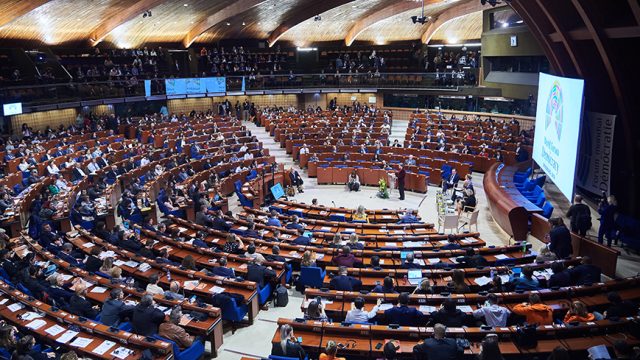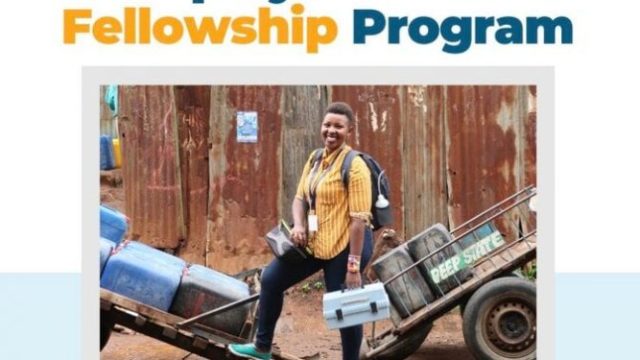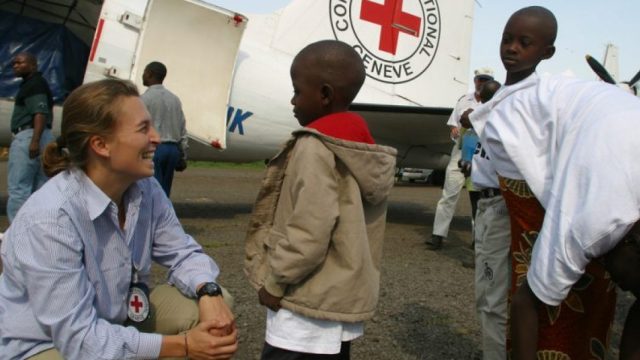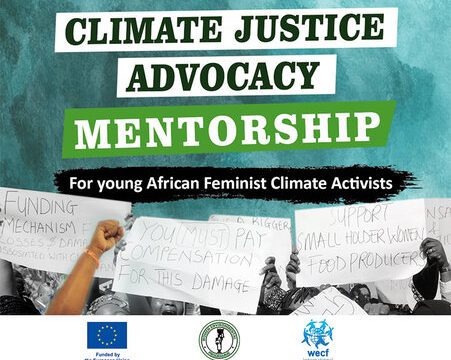Request for Concept Notes: Developing Inclusive Sustainable Farming Systems
The Embassy of the Kingdom of the Netherlands in Kampala (EKN) intends to develop and finance a program for the Food Security portfolio of EKN, aiming at inclusive development of farming systems in several districts in Busoga and Lango regions. EKN therefore invites organizations interested to implement such a program, to submit a concept note.
Policy Goals
The Embassy of the Kingdom of the Netherlands (EKN) is dedicated to advancing the agricultural sector's development through its Food Security & Nutrition (FSN) department. The Netherlands government's FS policy aims to:
- Foster inclusive and sustainable growth, as evidenced by the improvement in productivity and income of smallholder farmers (SDG 2.3).
- Advocate for ecologically sustainable production, gauged by the conversion of farmland to sustainable use (SDG 2.4 and 2.5).
- Eradicate hunger and malnutrition by elevating individuals from undernourishment (SDG 2.1 and 2.2).
These program objectives align seamlessly with Uganda’s National Development Plan III (NDP III), which strives to "increase household income and improve the quality of life for Ugandans." NDP III recognizes the pivotal role of smallholder farmers in Uganda's agriculture and their potential to enhance the country's overall agricultural productivity under favorable conditions. The agricultural strategy outlined in NDP III is the Agro-Industrialization Programme (AIP).
The Embassy in Kampala has transformed these overarching goals into a multi-annual plan (MACS) for food security and sustainable development. The growth of smallholder agriculture, sustainable land use, and nutrition are the main goals. The strategy places a strong emphasis on smallholder farmers' (SHF) sustained income and productivity growth as well as their heightened resilience to market shocks and climate threats. Sustainable land use is essential to achieving these goals. Furthermore, efforts to enhance nutrition among Bottom of Pyramid (BoP) consumers, particularly SHF, will be focused on.
The intended programme would be centred on smallholder farmers' (SHF) greater resilience to climate threats and sustainable income and production growth. To do this, sustainable land usage is essential. The program's focus on nutrition is restricted to implementing fundamental nutrition-related activities at the household level. Cooperation with Cascade needs to be pursued.
The development of SHF and their agricultural techniques will be the program's primary goal. The approach will place a strong emphasis on livelihood and income resilience to market failures and climate change. The tactics and actions of the programme will be grounded in a thorough understanding of the opportunities, difficulties, and priorities faced by SHF households. The programme will be built around a participatory household-level planning process. The program's main areas of focus are:
- Participatory household and village planning.
- Strengthening farming systems and market linkages.
- Concrete climate adaptation measures.
- Development of several specific value chains per region.
- Sustainable land use practices.
The program's main goal is the construction of extensive farming systems. Value chains will be chosen based on their applicability to farmers, their compatibility with various farming systems, and their potential to develop markets and/or provide value. Multiple value chains will be supported by the programme in order to increase resilience to market shocks, reduce risk, and expand opportunities.
Expected Outcome and Outputs
- Goal: Resilient and inclusive economic development of rural lowland communities.
- Outcomes:
- Smallholder farmers realize a living income by increased production and income (target; min. 200,000 HH).
- SHF livelihoods become more resilient to market deficiencies and climate stress.
- Farmland is agro-ecological more resilient to shocks (target min 200,000 acres).
- Result areas, the result areas are divided in two categories, principal and contributing:
- Principal:
- Empowered households and inclusive decision-making.
- Increased household income and farm profitability.
- Enhanced performance and resilience of SHF farming systems (farm income/profit, soil fertility and conservation, ecology, irrigation, diversification etc.).
- Improved sustainability of land use.
- Improved marketing conditions for smallholders by better access to and functioning of markets and processing facilities
- Contributing:
- Increased household productivity
- Improved coping mechanisms within the farming systems for drought and heat stress. 8. Inclusive and sustainable development of
- main value chains and 2 promising niche crops relevant for each intervention areas.
- Increased efficiency of market actors in the relevant value chains.
- Improved access of smallholders to inputs, services.
- Reduced post-harvest losses, including storage.
- Principal:
Way of Working
- Smallholder farmers are the focus of the program. Lessons from implemented projects learn that innovations and improved technologies are often not adopted by farmers. Often because technologies and innovations do not match the challenges and opportunities that farmers live. This is often one of the major reasons for disappointing results of projects.
- Early lessons from the recently started projects indicate that household and village level planning as a basis for engagement, offers potential for broad and inclusive farming systems development, if it is a crucial step for a project to strategize and develop activities that are in line with the ambitions, opportunities, and challenges of SHF and their households. This will catalyze dialogue at household level among all members of the household and be instrumental to address broader inclusion aspects such as gender, youth, disability, and other inequalities.
- Therefore, the program will base its strategy and activities on a good understanding of the farming systems, the risks SHF face, and the ambitions, opportunities, and challenges of SHF and their households.
- The program is expected to develop locally adapted and easily replicable innovations to address the main impediments to agricultural development in the two regions. To enhance resilience, income of smallholders and inclusivity, the program will work on improved land-use, improved functioning of farming systems, several value chains, climate adaptation measures such as complimentary irrigation where applicable.
- The understanding of the farmer perspective will be coupled with a proper understanding of the power relations in the regions that impact the agricultural development and functioning of markets and value chains. This is essential for the design of the proper strategies and activities.
- For certain crops an intensive value chain support process may be required while for others some specific intervention in, for example, market access or seed supply, may be the game-changer.
- Under resilience they understand the capacity of SHF to cope with climate, market failure and other challenges. In principle, proper diversification enhances resilience as it reduces the impact of, for example, drought, crop-diseases, and collapse of markets.
- The principal target groups of the program are SHF and their organizations. The program will also work with actors who play important role in the functioning of the market and the value chain such as SHF, entrepreneurial farmers, cooperatives, businesses, processors, and market players.
- The program will follow an inclusive approach. This implies that strategies and interventions will be based on a proper understanding of the interests and relations between different stakeholders, including smallholders, female-headed households, youth, entrepreneurial farmers, farmer organizations, SMEs, and local government. All these stakeholders may have a role to play in the development of the farming systems and value chains by the program.
- A proper analysis of the roles, opportunities and challenges of the different stakeholders will be a required to design relevant strategies and interventions. Interventions with other stakeholders than SHF households will be based on their relevance to develop SHF livelihoods.
- Other relevant programs. As already mentioned, EKN and Netherlands Ministry of Foreign Affairs finance several other food security activities some of which are operating in the areas of the envisaged program. Collaboration with relevant programs and projects will be pursued by the program. Lessons will be learned and incorporated from earlier (including Netherlands funded) activities.
- Projects of specific interest for Lango and Busoga are:
- Include (under development): Livestock.
- A-GRIP (inception): result-based financing of local governments for land tenure and agricultural services.
- Hortimap: horticultural development
- Sustainability. Right from the start provisions will be built in the program to promote sustainability after the termination of the intervention; financially, institutionally as well in terms of capacity and ownership.
- Use existing studies and value chain analysis for different crops/livestock by other actors, especially focused on Uganda.
Don't miss out on the deadline which is 28th January 2024.
Scroll down for more details and click on the official link attached to apply now.
Additional Information
Request for Concept Notes: Developing Inclusive Sustainable Farming Systems 0 reviews
Login to Write Your ReviewThere are no reviews yet.









